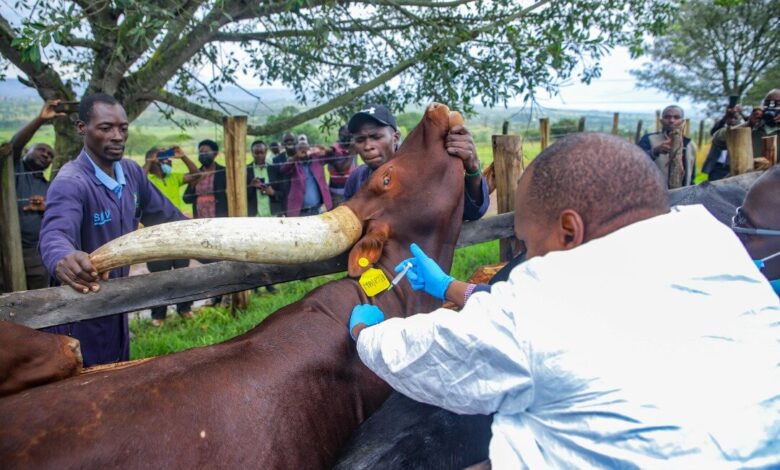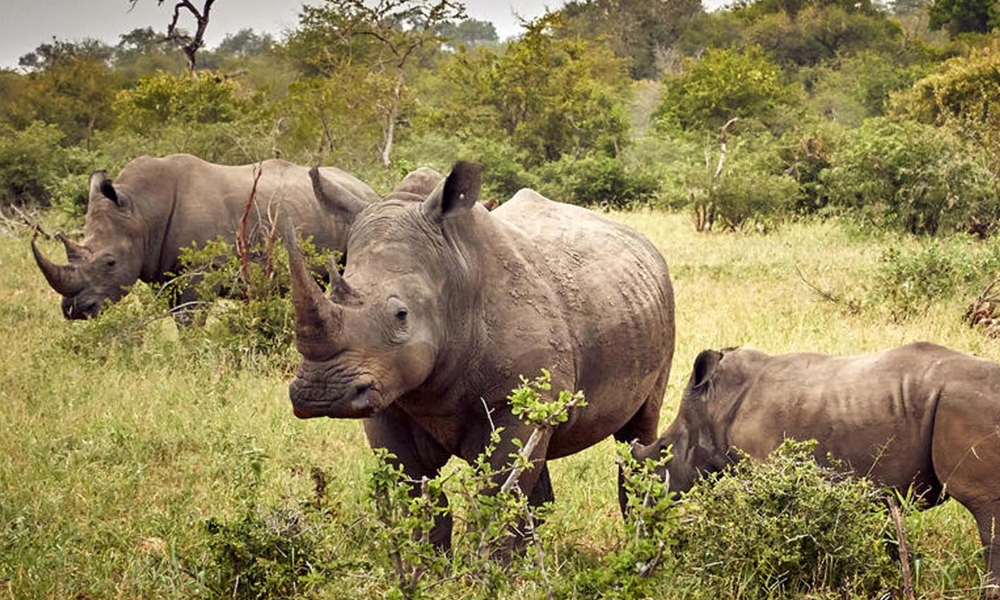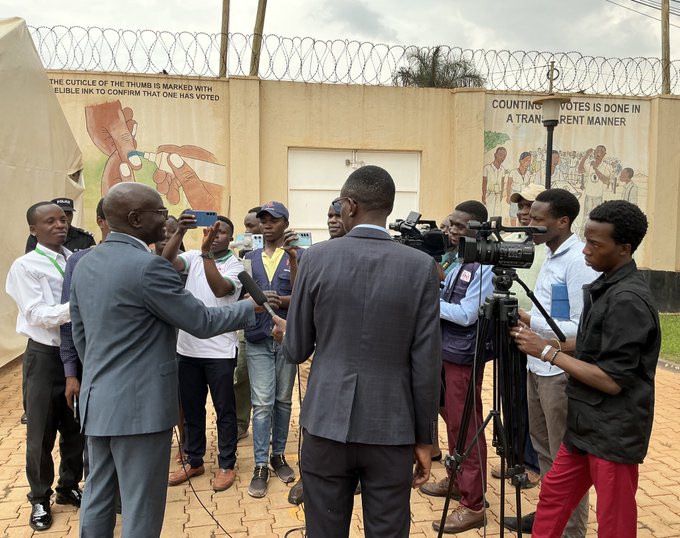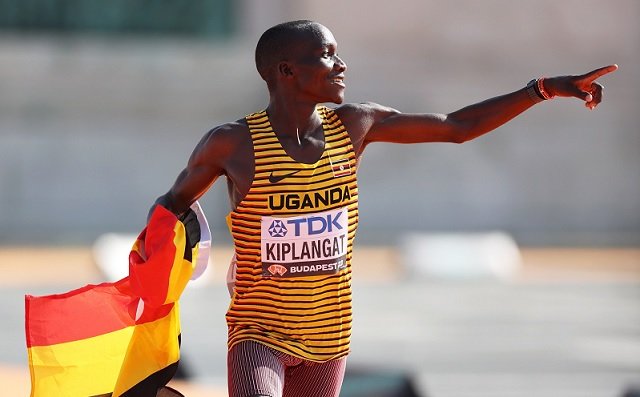Parliament demands renegotiation of UGX 717 Billion livestock loan over consumptive spending
The committee expressed strong dissatisfaction with the Ministry of Agriculture, Animal Industry and Fisheries (MAAIF) for failing to provide detailed costed outputs for the project components, despite repeated requests.

Parliament has called for the renegotiation of a substantial US$204.8 million (approximately UGX 717.195 billion) loan, primarily funded by the International Fund for Agricultural Development (IFAD), aimed at boosting cattle production.
The demand, spearheaded by the Parliament’s National Economy Committee, comes after lawmakers raised serious concerns over what they termed “consumptive” expenditures, with disproportionately large allocations for consultants, training, and vehicle purchases, overshadowing direct project implementation.
The recommendation was made by John Bosco Ikojo, Chairperson of the Parliament’s National Economy Committee, while presenting the report on the government’s proposal to borrow up to US$99.56 million from IFAD to finance the proposed Resilient Livestock Value Chain (RELIV) Project during a recent plenary sitting.
“The Committee observed that the project cost is US$204.8 million, (UGX 717.195Bn) however the cost breakdown and outputs described under the project loan were not costed to facilitate oversight of the unit cost of the various outputs that will be financed under the project,” Ikojo stated.
Of particular concern to the committee are several allocations within the project budget:
Consultancies: US$4.464 million (UGX 15.648 billion)
Training and Workshops: US$4.111 million (UGX 14.402 billion)
Vehicle Purchases: US$2.796 million (UGX 9.791 billion)
Ikojo emphasized the need to redirect these funds. “In addition, the loan should be renegotiated to move resources from consumptive items to acquisition of goods services and inputs, as well as equipment and materials,” he urged.
The committee expressed strong dissatisfaction with the Ministry of Agriculture, Animal Industry and Fisheries (MAAIF) for failing to provide detailed costed outputs for the project components, despite repeated requests. This lack of transparency, according to Ikojo, hindered effective oversight of unit costs.
A glaring example of the questionable spending highlighted by the committee is the plan to acquire fifteen vehicles, which translates to an exorbitant unit cost of US$186,400 per vehicle, equivalent to approximately UGX 671 million each.
“The Committee is concerned that these are consumptive items taking up a substantial amount of the loan proceeds,” Ikojo reiterated.
Despite the urgent need for the government to sign the IFAD loan by September 12, 2025, to avoid losing the financing, the committee insisted on the renegotiation. While acknowledging the high opportunity cost of delaying the signing, Ikojo recommended that MAAIF find time to discuss the costed outputs of the project even after the IFAD financing is considered, underscoring Parliament’s commitment to fiscal prudence and accountability in public borrowing.







